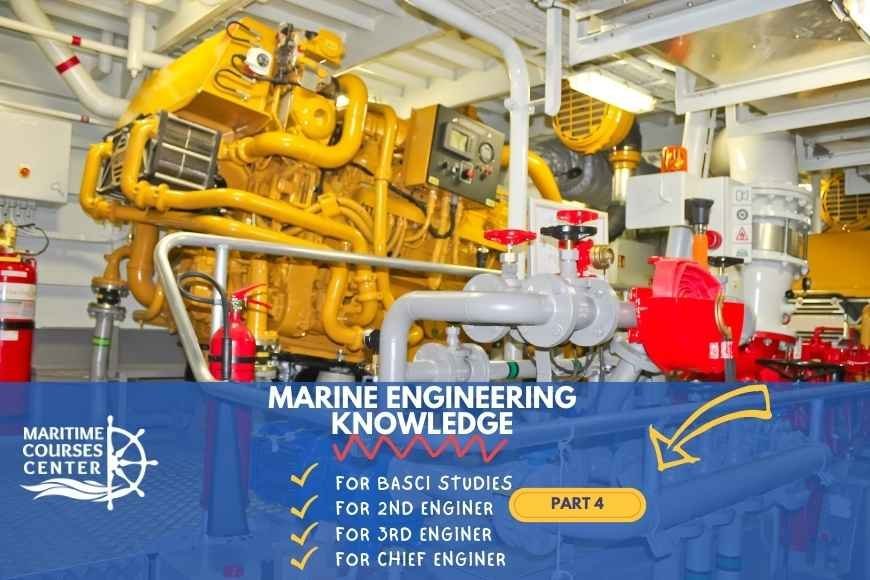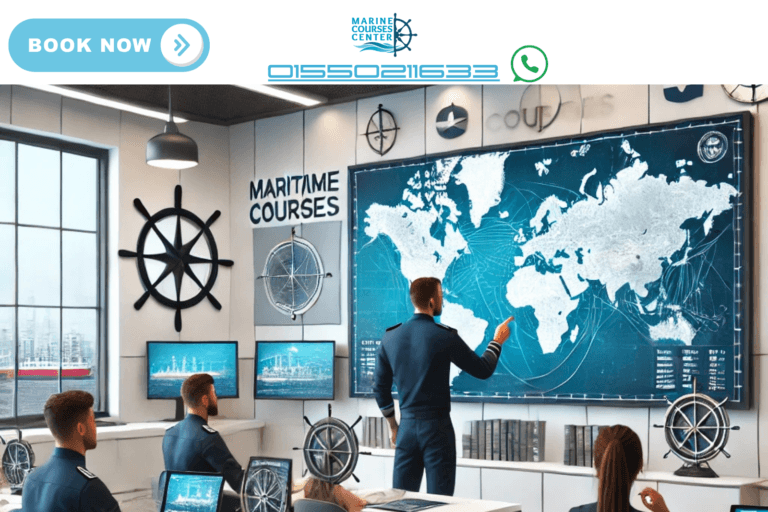welcome to Marine Courses Center today we will complete marine engineering & nautical engineering & naval architecture and marine engineering
Marine Engineering Knowledge LEC 1 | Marine Courses Center
Marine Engineering Knowledge LEC 2 | Marine Courses Center
Marine Engineering Knowledge LEC 3 | Marine Courses Center
Lecture 4
Marine Engineering Knowledge LEC 4| Marine Courses Center
Marine steam power plant
The idea of steam generation :
When water is heated above 100°C at atmospheric pressure, it converts to steam. Steam is an invisible gas that’s generated by heating water to the boiling point. Conversely, when heat is away from steam, it condenses back to water. The resulting liquid is known as condensate. The temperature at which condensation takes place is known because the temperature.
The usage of steam onboard ships:
A boiler could also be a closed vessel during which steam is generated from water by the appliance of heat.
Heating the water above boiling temperature by employing a fuel burner will produce the steam which can be used onboard ships in several purposes same as :
1- running of steam turbines.
2- heating of fuel oil.
3- heating of domestic water.
4-heating of air in A/C system.
5- cleaning purposes like soot blowing .
6-Ship’s whistle
Function of steam power plant’s main components :
1- Feed water tank( Hot well ): collecting condensate water.
2-Feed water pump: take its suction from the recent well to the boiler through the economizer or direct feeding.
3-Economizer: Fitted within the boiler exhaust chimney or within the engine exhaust chimney top of the super heated. Its function to heat feed water before entering to the boiler.
4- The Boiler : generates steam.
5- The super heated : Fitted in boiler exhaust chimney or engine exhaust chimney, It converts wet steam to dry super heated steam.
6- Steam heaters: heat other liquids like fuel oil or water .
Classification of boilers:
There are two kinds of boilers :
1- Fire tube boiler
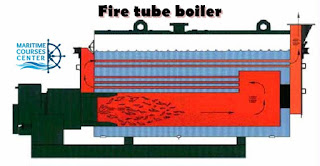
In this type the combustion gases pass inside boiler tubes, and thus the warmth is transferred from the recent tubes to the water on the shell side. Normally used when batch of steam needed with low.
2- Water tube boiler:
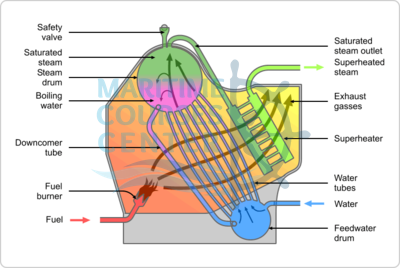
In this type, water passes Through the tubes while the exhaust gases remain within the shell side, passing over the tube surfaces. In water tube boilers steam Pressure rises more faster than fire tube boiler.
Boilers’ fittings and attachments:
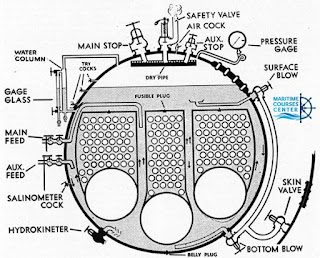
and attachments is shown within the front view sketch of a Scotch boiler.
The fittings and attachments and their purposes are:

1-Main Stop Valve:
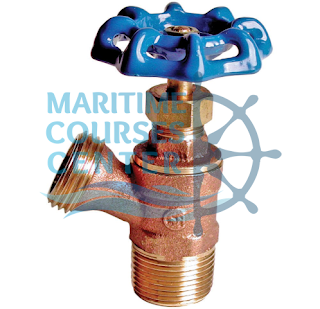
To control the flow of steam into the foremost steam line. it’s located on top of the boiler and is usually of the non-return angle globe type shown.
2- Air Cock:
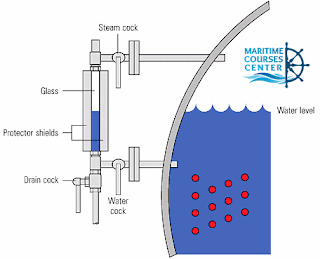
To allow the air to escape when filling the boiler and getting up steam and to let air into the boiler when draining, the air cock is installed on the very best of the boiler. it’s getting to be either a little valve or a cock.
3- water Gage Glass:
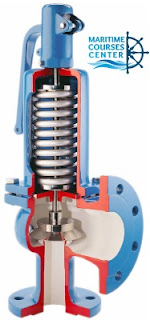
A small glass tube is installed outside the boiler during a vertical position to means water level. the very best end of the glass is connected to the very best of the steam space of the boiler by a pipe line while the lowest end of the glass is connected to the water space within an equivalent manner. When the water level rises within the boiler, water will flow in through the lowest connection and obtain up within the glass to the same level because the water within the boiler.
4- Safety Valves :

If the pressure during a boiler increases without restriction, an explosion would occur. to prevent this happening, safety valves set to open at lower pressure than what could cause a damage to the boiler. the safety valve is attached to the very best of the boiler shell . the Steam escapes to the outside.
5-Surface detach Valve:
To remove floating impurities within the boiler water. detach valve is installed on the side of the boiler. it’s always an angle type globe valve.
6-Bottom Blow down Valve:
to induce deduct the heavier unfastened impurities which gather on the lowest of the boiler, Also used whilst had to empty the boiler ,The backside blow down valve is about abreast of the brink of the lowest of the boiler
8- pressure gauge :
to show the pressure of steam in boiler.
This device also works on disengaging and/or shutting-off the Burner when water level reaches below the normal operation levels. Further, if water level continues dropping below its normal levels, The Water Level Limiter” will disconnect the electric power supply and may operated the tocsin when water level reaches its minimum.
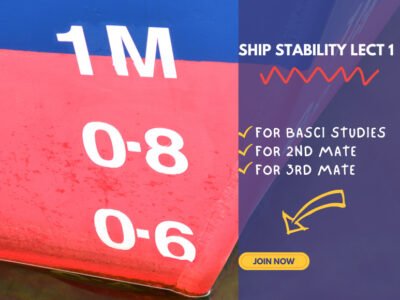
WishlistRead More
MCC
Ship stability LECT 1
MCC
(0 review)
271
students
0
$20.00
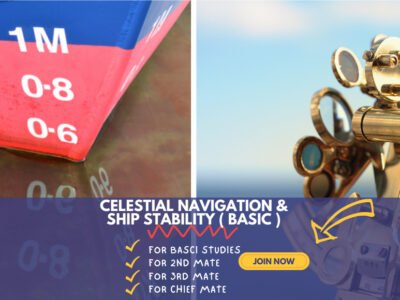
WishlistRead More
MCC
Celestial Navigation & Ship stability ( Basic )
MCC
(0 review)
39
students
0
$68.00
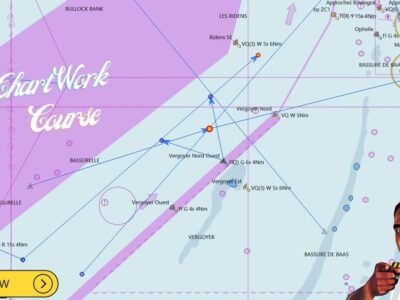
WishlistRead More
MCC
COURSE TITLE Introduction to Navigation ( Basic for chart work )
MCC
(0 review)
211
students
0
$400.00
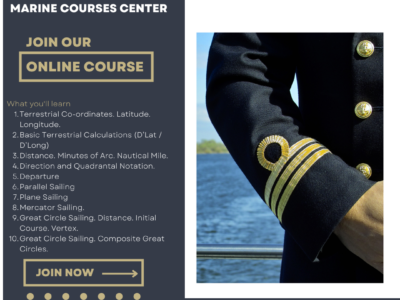
WishlistRead More
MCC
TERRESTRIAL NAVIGATION ( Sailing )
MCC
(0 review)
102
students
0
$100.00

WishlistRead More
MCC
Cargo Calculations Live lecture
MCC
(0 review)
221
students
0
$20.00
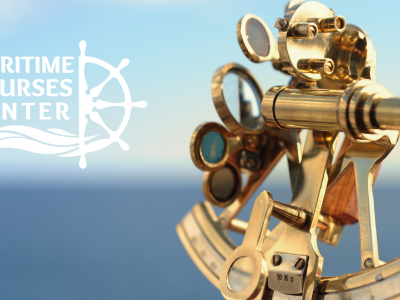
WishlistRead More
MCC
Celestial Navigation Basics
MCC
(0 review)
239
students
0
$36.00
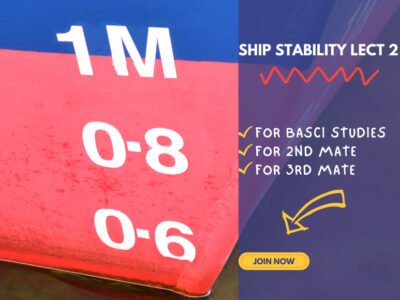
WishlistRead More
MCC
Ship stability LECT 2
MCC
(0 review)
358
students
0
$12.00
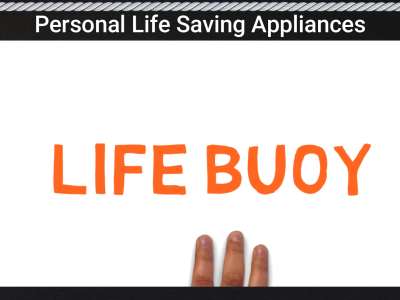
WishlistRead More
MCC
LSA CODE
MCC
(0 review)
367
students
0
Free
check our free lectures on our facebook page Marine Courses Center
Check also our related course for OOW and For 2nd Mate and chief Mate
- Ship stability LECT 1
- Ship stability LECT 2
- Celestial Navigation LECT 1 | The Concept Of Celestial Sphere
- Celestial Navigation LECT 2 | Systems Of Coordinate Of Celestial Sphere
- Celestial Navigation LECT 3 | Systems Of Coordinate Of Celestial Sphere
- Celestial Navigation LECT 4 | Systems Of Coordinate Of Celestial Sphere Part 3
- Celestial Navigation LECT 5 | Chapter 3 Diurnal motion Celestial Navigation
- Celestial Navigation LECT 6 | Chapter 4 Annual Motion
if you have any question kindly please contact with me via ICQ and here how to contact with me via ICQ click here
